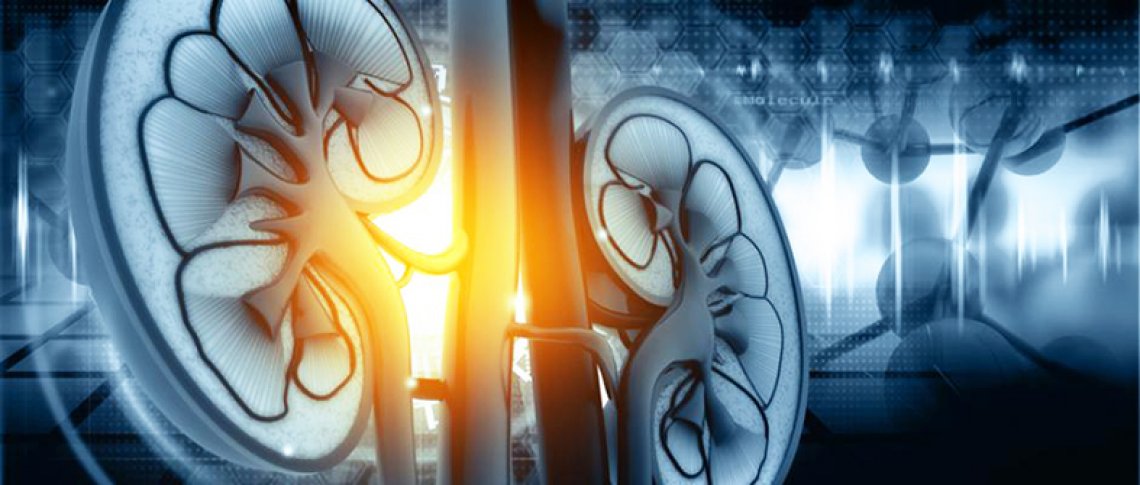Share this Page:
A new treatment, called NDI-101150 has been shown to be effective in people with heavily pretreated kidney cancer (renal cell carcinoma, RCC) when given alone or with pembrolizumab. NDI-101150 is an immune checkpoint inhibitor (immunotherapy) that targets a protein called hematopoietic progenitor kinase 1 (HPK1). HPK1 has a role in the activation of immune cells called T cells. Inhibition of HPK1 improves the activity of T cells, causing the immune system to attack cancer cells. Early studies have shown NDI-101150 to be safe and effective in people with solid tumours. Therefore, in a recent study researchers looked at NDI-101150 alone and in combination with pembrolizumab in patients with advanced solid tumours.
In the phase 1/2 study, treatment with NDI-101150 showed anti-tumour activity in patients with heavily pretreated advanced kidney cancer and was generally well tolerated both alone and in combination with pembrolizumab in patients with advanced solid tumours.
53 patients had been dosed in the study, with 41 patients treated with NDI-101150 alone and 12 with NDI-101150 plus pembrolizumab; all patients had progressed after treatment with at least one prior immunotherapy. 17 patients had kidney cancer and were treated with NDI-101150 alone. Around one fifth of kidney cancer patients responded to treatment with NDI-101150. There was one complete response where the cancer could not be detected on a scan and two partial responses. The cancer was stable in about half of the patients.
The researchers said “NDI-101150 was generally well tolerated. NDI-101150 continues to demonstrate encouraging anti-tumour activity in patients with RCC and an acceptable safety profile, supporting continued clinical evaluation of NDI-101150…as a promising next-generation immunotherapy small molecule.”
Eight in ten patients reported side effects, the most common being feeling sick (nausea), diarrhoea, vomiting and fatigue. Fourteen patients in 100 reported serious side effects, and 1 patient reported a life-threatening side effect of anaemia; all other side effects were mild or moderate.














